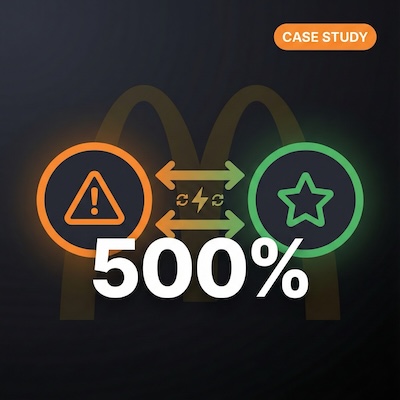From Fear of Change to Freedom to Grow: Adapting Without the Buzzwords
Too often, talk of organizational change is wrapped in jargon—“transformational leadership,” “agile mindsets,” and “change readiness.” Strip all of that away, and you’ll find a simple human truth: people feel uneasy when facing uncertainty. Our instincts, shaped over thousands of years, often see change as a potential threat rather than an opportunity. Yet, as ancient teachings—such as those in Buddhism—remind us, reality is always shifting. The real skill lies not in avoiding change, but in learning to accept and work with it.
In our recent podcast conversation with Richard Alderton, we explored these themes in depth. Richard’s career is built around a key idea he calls “Adaptability Intelligence,” which means developing a mindset that welcomes uncertainty and finds opportunities where others see only obstacles. He’s seen how organizations rely on traditional change management to move people from the old way of doing things to the new, but they rarely address the underlying fear and anxiety that hold people back.
Richard Alderton and Adaptability Intelligence
Richard’s work dives beneath surface-level compliance. He’s less interested in pushing people through a checklist and more invested in understanding why they resist in the first place. This approach aligns with what Self-Determination Theory (SDT) by Deci and Ryan suggests: humans thrive when their autonomy, competence, and relatedness are recognized. Adaptability Intelligence aims to rewire our relationship with change so that we’re not just acting differently, but actually thinking and feeling differently about new situations. Instead of dreading change, we come to see it as a chance for growth.
Different Archetypes, Different Approaches
This rethinking of change management resonates with some people: those who love exploring deeper purposes and values. They appreciate knowing the “why” and connecting to broader principles—ideas that have parallels in ancient philosophies that encourage mindful acceptance and curiosity.
But others aren’t motivated by philosophy. They want something simpler, more immediate. That’s where on-the-spot, categorized rewards come in—something our podcast also touched on extensively. If you reward someone right as they display the desired behavior (like following a new safety procedure), you’re not asking them to subscribe to an ideology or long-term vision. You’re giving them a straightforward incentive right now. Suddenly, fear and reluctance turn into willingness, because the person sees a direct personal benefit.
A Meeting of Old and New
Interestingly, these approaches reflect ancient truths. Buddhism often talks about “meeting reality as it is.” Sometimes that means understanding the big picture: impermanence, patience, and empathy. Other times, it’s about acknowledging small, tangible wins in the moment—like feeling good after successfully navigating a new task.
When you confirm someone’s competence by rewarding them on the spot, you enhance their sense of autonomy (they chose to do it), competence (they did it well), and relatedness (they feel recognized and connected to the team). These three needs—identified by Deci and Ryan—are essential for humans to flourish. The result? People who may never have cared about grand philosophies are suddenly engaged and open to change.
Beyond the Workplace
The beauty of these insights is that they’re not limited to the office or the jobsite. Adapting to personal changes—like starting a new hobby, changing diet, or dealing with unexpected family events—can also benefit from these principles. Some may find courage and calm in remembering that change is normal and can be embraced mindfully. Others just need immediate reinforcement: a small reward for each step taken. Both paths lead away from fear and resistance, toward growth and resilience.
No single method suits everyone. Some respond best to the timeless wisdom championed by thinkers like Richard Alderton, who invites us to raise our Adaptability Intelligence and see change as a doorway rather than a dead end. Others need immediate, practical incentives that say, “Nice work, keep going.” Both have their place and can work together, reinforcing each other in transforming our approach to change.










.svg)
